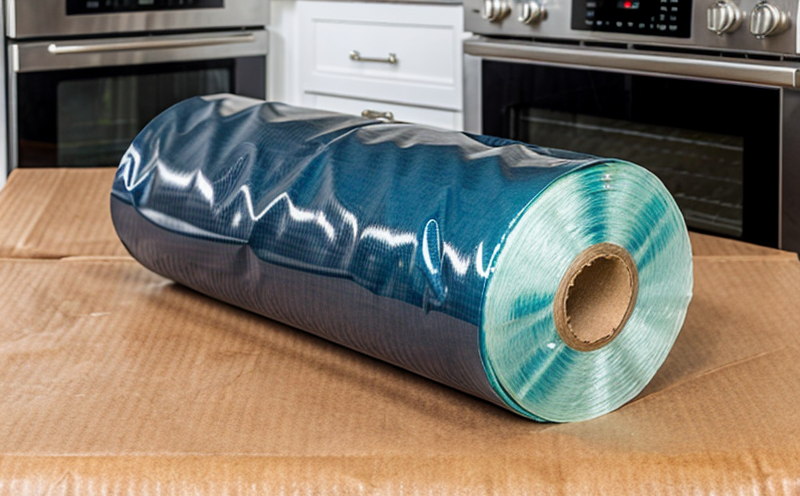ISO 16620-2 Biobased Content Testing of Plastic Household Wraps
The ISO 16620 series provides a standardized approach to determining the biobased content in materials. This service specifically targets plastic household wraps and covers, ensuring compliance with international standards for sustainability claims.
Our laboratory is equipped with state-of-the-art analytical instruments such as Fourier Transform Infrared Spectroscopy (FTIR) and Nuclear Magnetic Resonance (NMR), which are crucial in accurately assessing biobased content. We follow the procedures outlined in ISO 16620-2:2018, a global standard that provides precise methodologies for quantifying the fraction of carbon derived from biomass.
The testing process involves several key steps:
- Specimen preparation
- Sample drying and conditioning
- Spectroscopic analysis using FTIR/NMR
- Data interpretation and calculation of biobased content percentage
The results are presented in a comprehensive report that includes detailed methodology, findings, and compliance with ISO standards. This service is invaluable for manufacturers looking to substantiate their sustainability claims or meet regulatory requirements.
Scope and Methodology
| Procedure | Description |
|---|---|
| Sample Preparation | Ensure specimens are representative of the batch and free from contamination. |
| Spectroscopic Analysis | Use FTIR/NMR to analyze the carbon content and identify biobased components. |
| Data Interpretation | Analyze spectral data to calculate biobased content percentage accurately. |
Benefits
Accurate and reliable testing of biobased content is crucial for brands aiming to promote sustainable practices. Our service provides several benefits:
- Sustainability Claims Verification: Ensure compliance with international standards.
- Regulatory Compliance: Meet the requirements of various environmental regulations.
- Market Differentiation: Enhance brand reputation and attract eco-conscious consumers.
- R&D Support: Provide data for product development and improvement.
Environmental and Sustainability Contributions
The testing of biobased content in plastic household wraps plays a significant role in supporting environmental sustainability. By identifying the percentage of biomass-derived materials, this service helps reduce reliance on fossil fuels.
- Emission Reduction: Lower greenhouse gas emissions compared to traditional petroleum-based plastics.
- Biodiversity Preservation: Encourage the use of renewable resources over non-renewable ones.
- Resource Efficiency: Promote the efficient use of biobased resources in product manufacturing.





